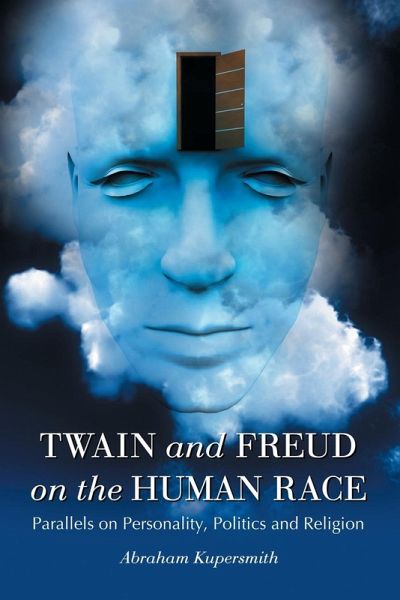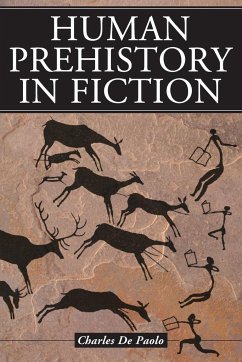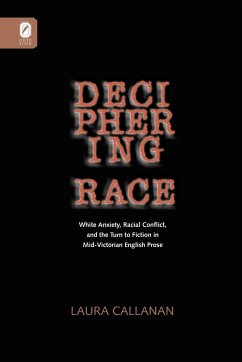
Twain and Freud on the Human Race
Parallels on Personality, Politics and Religion
Versandkostenfrei!
Versandfertig in 1-2 Wochen
44,99 €
inkl. MwSt.

PAYBACK Punkte
22 °P sammeln!
This work explores the psychological insights and theories of Mark Twain and Sigmund Freud. Though at first glance these two men seem to constitute an unlikely pairing, each formulated a comprehensive theory of individual and group psychology and subsequently applied that understanding to the realms of religion, morality, patriotism and politics. After an extensive overview of each man's approach, the author examines the effect of this reading of Twain's understanding of human psychology on Twain studies and on our own sense of contemporary events.














